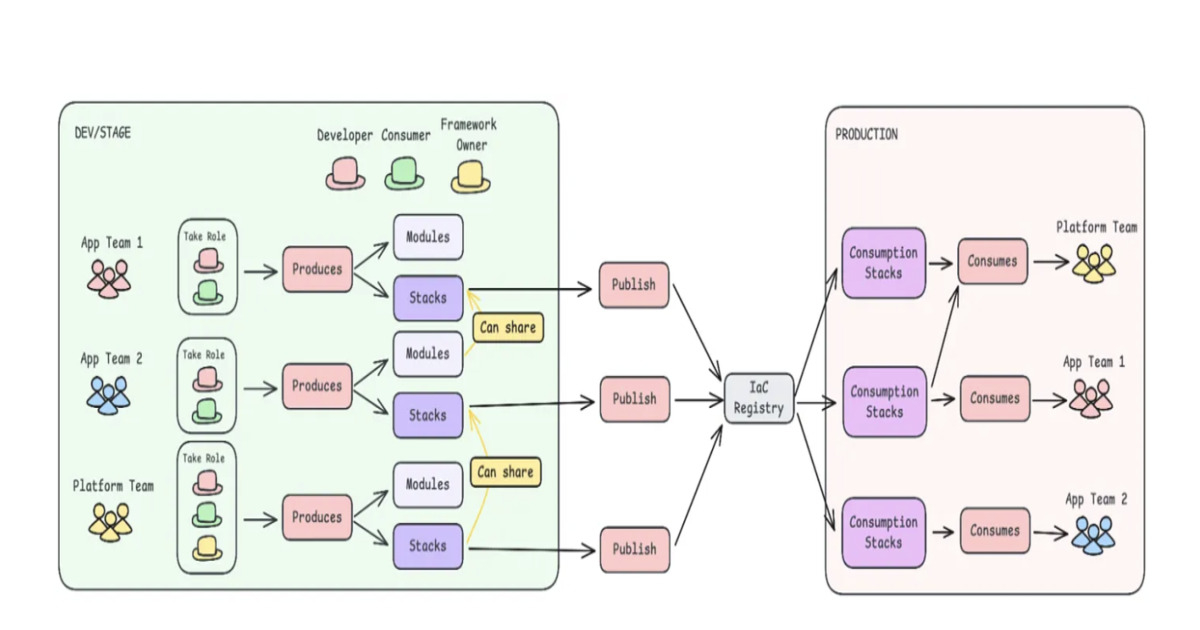Codetown
Codetown ::: a software developer's community
Basic Website Monetization
Have you put up a website and tried some of the following simple, common monetization techniques? Let's talk case studies. Please give us some feedback as a comment, for starters.
1. What's your website about? Feel free to keep it anonymous.
2. Do you charge for advertising? How do you go about marketing, rates and ad placement (framework)? For example, do you tell potential advertisers your visit volume? What's your success been? What's worked best and worst?
3. How about Google Adsense and Adwords? Have you used them and what has your experience been?
4. How do you go about implementing Search Engine Optimization and what has your experience been?
5. Do you have an online store? Are you a reseller or a source of products? Do you use a framework or component for your store/cart/checkout?
6. What's your endgame strategy? Do you plan an exit? Do you have a monetization plan or did you just start the site with the intention of selling it at some point?
7. What are your feelings about putting up a custom site vs using the piggyback technique with a Facebook, etc?
8. Do you have other monetization approaches like membership fees, etc? What has your success been?
9. Please tell us some tips and lessons learned. Ask some questions. We're eager to learn from your experiences and give you feedback. These are just a few questions that came to mind. Feel free to tell us what you know.
10. Is your website a primary frontpiece for the startup or is it an extension of something else, perhaps a bricks and mortar business or a partnership?
That's a start!
Tags:
Replies to This Discussion
Notes
Welcome to Codetown!
 Codetown is a social network. It's got blogs, forums, groups, personal pages and more! You might think of Codetown as a funky camper van with lots of compartments for your stuff and a great multimedia system, too! Best of all, Codetown has room for all of your friends.
Codetown is a social network. It's got blogs, forums, groups, personal pages and more! You might think of Codetown as a funky camper van with lots of compartments for your stuff and a great multimedia system, too! Best of all, Codetown has room for all of your friends.
Created by Michael Levin Dec 18, 2008 at 6:56pm. Last updated by Michael Levin May 4, 2018.
Looking for Jobs or Staff?
Check out the Codetown Jobs group.
InfoQ Reading List
From Central Control to Team Autonomy: Rethinking Infrastructure Delivery

Adidas engineers describe shifting from a centralized Infrastructure-as-Code model to a decentralized one. Five teams autonomously deployed over 81 new infrastructure stacks in two months, using layered IaC modules, automated pipelines, and shared frameworks. The redesign illustrates how to scale infrastructure delivery while maintaining governance at scale.
By Leela KumiliGoogle Publishes Scaling Principles for Agentic Architectures

Researchers from Google and MIT published a paper describing a predictive framework for scaling multi-agent systems. The framework shows that there is a tool-coordination trade-off and it can be used to select an optimal agentic architecture for a given task.
By Anthony AlfordGoogle Cloud Brings Full OpenTelemetry Support to Cloud Monitoring Metrics

Google Cloud recently unveiled broad support for the OpenTelemetry Protocol (OTLP) in Cloud Monitoring, marking a step toward unifying telemetry collection across its observability stack.
By Craig RisiAWS Launches Agent Plugins to Automate Cloud Deployment

AWS launched Agent Plugins for AWS, providing AI coding agents with specialized deployment skills. The initial deploy-on-aws plugin transforms workflows by accepting commands like "deploy to AWS" and generating complete pipelines with architecture recommendations, cost estimates, and infrastructure code. Supported in Claude Code and Cursor, AWS claims 10-minute deployments versus hours manually.
By Steef-Jan WiggersGoogle Enhances Node Pool Auto-Creation Speed for GKE Clusters

Google Cloud has optimised GKE's node pool auto-creation, significantly cutting "Time to Ready" for massive clusters. By improving control plane communication and request batching, GKE now provisions resources faster, rivalling tools like Karpenter. The update enhances scaling reliability and stability for high-volume AI and batch workloads, automatically rolling out across supported versions.
By Mark Silvester
© 2026 Created by Michael Levin.
Powered by
![]()